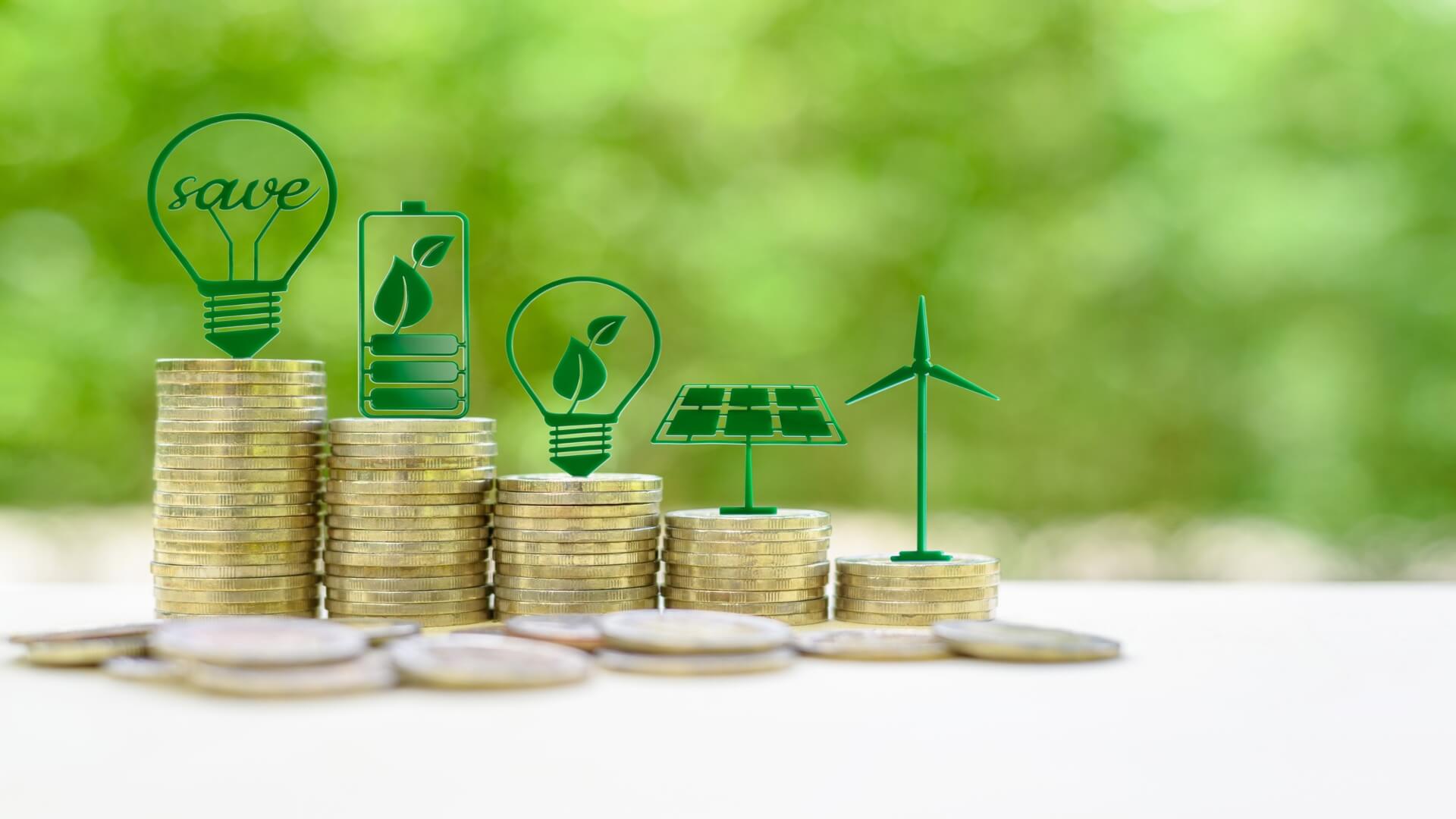Harnessing the sun’s abundant energy, solar panels have become more efficient, affordable, and widespread than ever before. With the increasing demand for sustainable power, an intriguing opportunity has arisen for individuals and businesses alike to make money from solar panels.
This comprehensive guide will walk you through the various methods of generating income from solar energy, whether you’re a homeowner seeking to offset your energy costs, an entrepreneur venturing into the solar industry, or an investor keen on capitalizing on the ever-expanding solar market.
Read on to learn more about the vast potential of solar power and how you can make money while contributing to a cleaner, greener future.
1. Save On Electricity Costs
When you install solar panels, you’re creating a source of energy that you can use to power your home. The sun is a powerful and reliable energy source, and solar panels are designed to harness that energy and convert it into usable electricity. You can use the electricity generated by solar panels to power your home during the day and store any excess electricity in batteries.
In addition, solar panels help protect you from unpredictable rate hikes. With traditional energy sources, electricity rates can vary widely from month to month. But when you generate electricity, you lock in your energy costs for 20 to 30 years.
Solar panels require very little maintenance. Once installed, you can enjoy the savings without worrying about regular upkeep or repairs. Plus, most solar panels come with a warranty that covers any defects or issues that may arise. If you’re a homeowner needing solar installation, you can consider smart solar energy solar installation in Hillsboro Oregon.
2. Net Metering
Net metering is a system that allows homeowners to sell excess energy produced by their solar panels back to the grid. It works by connecting your solar panel system to your local utility grid, which allows you to draw electricity from the grid when your panels aren’t producing enough power and sell excess energy back to the grid when they are.
Net metering provides a financial benefit to homeowners who generate more electricity than they consume. Instead of wasting that excess energy, net metering allows you to earn credits for the electricity you generate while selling back to the grid. You can use these credits to offset future energy bills, which can help you save even more money in the long run.
For example, say your solar panel system produces more electricity than you need on a sunny day away from home. You can return the excess energy to the grid and receive a credit on your energy bill for the generated electricity. Then, on a cloudy day when your panels aren’t producing as much energy, you can draw electricity from the grid and use the credits you earned earlier to offset your bill.
3. Solar Investment Tax Credits (ITC) and Government Incentives
Governments around the world offer various incentives and tax credits to encourage the adoption of solar energy. In the United States, the federal government provides an Investment Tax Credit (ITC) for residential and commercial solar installations.
This tax credit allows you to deduct a percentage of your solar installation costs from your federal income taxes, reducing the overall cost of the system and increasing your potential return on investment.
Many states and local governments also provide additional incentives, such as rebates, property tax exemptions, and expedited permitting processes for solar installations.
By taking advantage of these financial incentives, you can increase your profit margins on solar projects or reduce your payback period as a homeowner. It’s essential to research and understand the specific incentives available in your area to maximize your earnings from solar panels.
4. Solar Leasing And Power Purchase Agreements (PPAs)
Solar leasing and PPAs are two alternative methods for homeowners and businesses to benefit from solar power without the upfront cost of purchasing and installing a solar panel system. In a solar lease, a third-party company installs and maintains the solar panels on your property, and you pay a fixed monthly fee for using the system. This allows you to save on electricity costs while avoiding the initial investment in solar equipment.
A Power Purchase Agreement (PPA) is similar to a solar lease but, instead of paying a fixed monthly fee, you agree to purchase the electricity generated by the solar panels at a predetermined rate, which is usually lower than the retail price.
Both solar leasing and PPAs can provide a steady income for individuals or companies that invest in solar projects and rent out their systems, as they receive consistent payments from the users over the contract period.
Conclusion
As the world continues to transition towards cleaner energy sources, embracing solar power not only helps create a greener future but can also prove to be a financially rewarding endeavour. By understanding and leveraging the different ways to monetize solar panels, you can contribute to the fight against climate change while securing an additional income stream in the process.
































